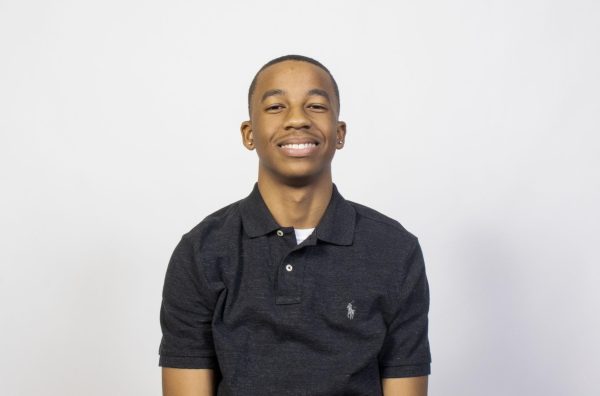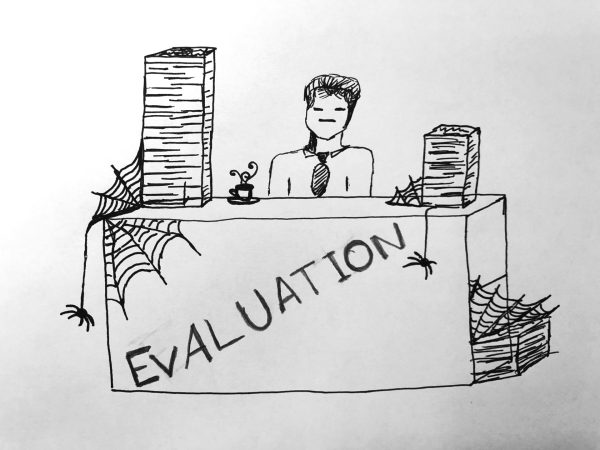Staff Editorial: ‘Civility’ doesn’t excuse censorship
September 9, 2014
“Civility” has become the new mask in which censorship hides — at least in higher education.
In the course of the past few days, “civility” worked its way to denying a professor a job nearly guaranteed to him at the University of Illinois. The denial was passed down in early August after Steve Sataila tweeted out controversial comments about Israel.
Because of Sataila’s comments on social media — when he was not even operating as a representative of the university — a man lost his job. And worse yet, censorship gets to be disguised as practicing civility and respect.
Censorship is not something that should be tolerated, especially at an institute of higher learning.
While at a university, students are encouraged to pursue academia, which means they need to challenge their preconceived notions. An institution that stifles anything worth challenging should not tote itself as one of higher education. What is happening to Sataila goes against what a university should stand for.
While what Sataila said on his Twitter was controversial, it is by no means grounds for denying a clearly qualified individual his job.
The university impeded on Sataila’s First Amendment rights to a freedom of speech — something that is treated much like a guideline rather than a protected right.
If universities do not allow those who attend or work there to challenge and explore other options than what is offered right away, then it becomes as pointless as they’ve made the First Amendment out to be.
Sataila’s case is not an extreme, but the latest in a recent trend of allowing speech to admonished rather than used as a tool for education.
The Daily Illini quotes Sataila on
Sept. 9 as saying that he will use this as a “teachable moment,” something that the university should have thought about before getting rid of him just because they disagreed with his thoughts.
Censorship should not be allowed at the university level. If Eastern were to begin censoring professors, students and staff, we would expect the same reaction from students: rallies, protests and demonstrations — all to bring back the denied professor.
At any level, censorship should be discouraged, but definitely outlawed at the university level. Everyone here is an adult and in the adult world sometimes controversial issues arise. Just because a higher power disagrees with the choice does not negate the fact that free speech is protected.
When one school fails to uphold a freedom to challenge and grow academically, then it begins a trend that stomps all over the First Amendment.
Censorship should not be allowed to fester and grow — academia should.











































